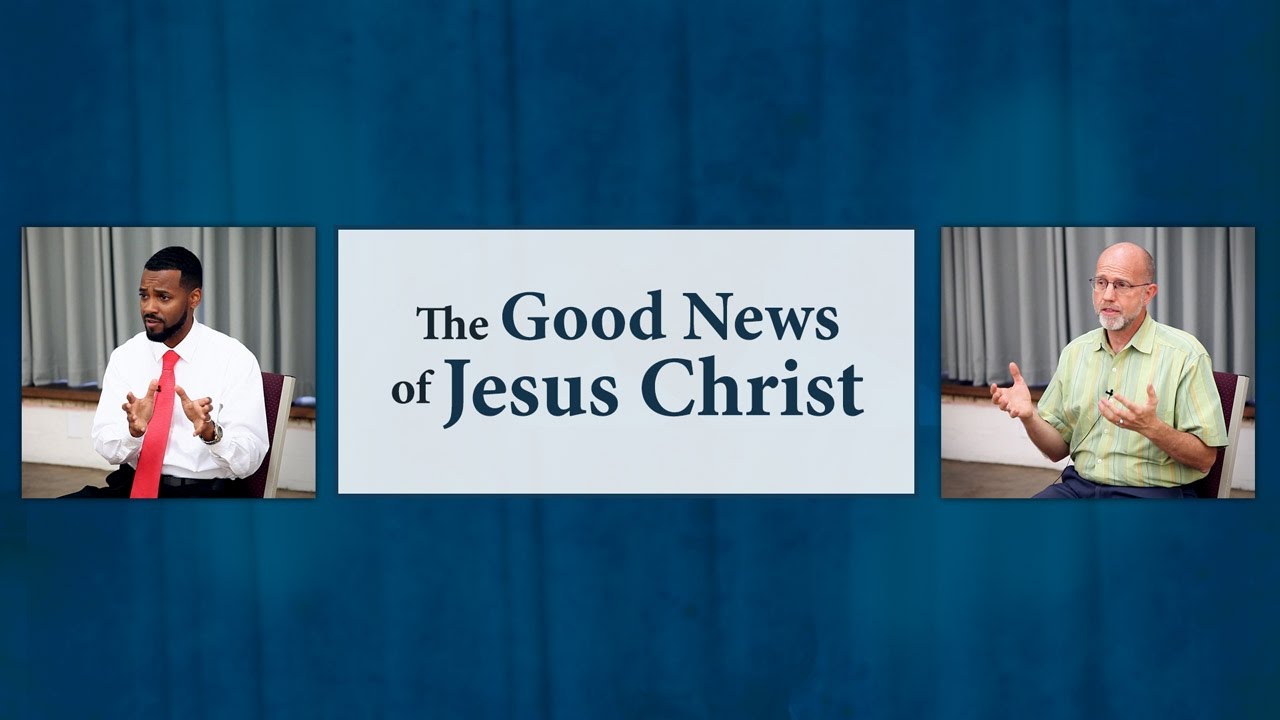Understanding the Good News: The Heart of Jesus Christ's Message

Introduction: What is the Good News of Jesus Christ?
The phrase “good news of Jesus Christ” refers to the central message of Christianity: God’s promise of redemption and restoration for all people through the life, death, and resurrection of Jesus. This message is often called the “gospel,” a term derived from the Greek
euangelion
, meaning “good message” or “glad tidings”
[1]
. The gospel stands as an announcement of victory, hope, and transformation, rooted in the historical and theological narrative of both the Old and New Testaments
[3]
.
The Core Promise: Redemption and Forgiveness
At its essence, the good news proclaims that humanity, estranged and broken by sin, can be reconciled to God [2] . Jesus Christ’s sacrificial death and resurrection open the way for forgiveness and new life. This is not just about personal improvement or finding meaning; it directly addresses the deepest human problem: separation from a holy and just God [5] . The gospel announces that, through faith in Jesus, anyone can be released from guilt and restored to a right relationship with God.
For example, the Bible describes Jesus as “the Lamb of God, who takes away the sins of the world” (John 1:29). His death was not merely symbolic, but an effective act of redemption-paying the penalty for sin and offering forgiveness to all who believe [1] . This promise is accessible to all, regardless of background, status, or past mistakes.
Hope and Transformation: Living a New Life
Beyond forgiveness, the good news offers the power to live a transformed life. The apostle Paul wrote, “For I am not ashamed of the gospel, because it is the power of God that brings salvation to everyone who believes” (Romans 1:16) [1] . This means that the gospel is not simply a set of beliefs, but a dynamic force that changes lives.
Practical application involves:
- Recognizing personal need for forgiveness and restoration.
- Learning about Jesus’s teachings, life, and resurrection through credible sources such as local churches or online resources from established organizations.
- Engaging in personal reflection and prayer, asking God for guidance and openness to transformation.
- Connecting with a community of believers for support, encouragement, and accountability.
Many people report experiencing profound changes-freedom from guilt, new purpose, and restored relationships-as they embrace the good news. These stories are found in churches and communities worldwide, demonstrating the ongoing relevance and impact of Jesus’s message.
How to Access the Good News: Step-by-Step Guidance
The good news is intended for all people. To access its benefits, consider the following practical steps:
- Explore the Message: Visit a local church, read the New Testament (especially the Gospels: Matthew, Mark, Luke, John), or consult reputable Christian organizations. Official denominational websites and established ministries often provide introductory guides and contact information.
- Ask Questions: Many churches and ministries offer classes, discussion groups, or online Q&A sessions where you can learn more about Jesus’s message and its implications.
- Connect Personally: You can reach out to pastors, Christian counselors, or dedicated staff at recognized organizations for more information. Look for contact details and verified email addresses on official church or ministry websites.
- Join a Community: Many believers find support and growth in community settings. Consider joining a small group, attending worship services, or participating in outreach programs.
If you need specific help finding a church or ministry, search online for terms like “local churches,” “Christian counseling services,” or “explore Christianity”. Always verify that the organization is established and trustworthy-look for transparent contact information and a history of community engagement.
Alternative Approaches and Common Challenges
While the traditional approach involves joining a church or faith community, some people begin their exploration privately or online. There are many reputable online platforms offering introductory resources, such as Bible study guides and explanatory articles. Remember to confirm that any website is legitimate and not a fabricated or misleading domain.
Common challenges include:
- Doubt or skepticism: It’s natural to have questions. Seek out thoughtful, respectful conversations with knowledgeable sources.
- Overwhelm by options: Focus on established organizations with a track record of helping individuals discover and grow in faith.
- Uncertainty about beliefs: Take time to read, reflect, and engage with others before making decisions.
If you are unsure about where to start, textual guidance is often more reliable than searching for random websites. Consider contacting local churches, recognized denominational offices, or reputable Christian outreach centers. Many offer free resources and introductory meetings without obligation.
Real-World Impact of the Good News
The good news of Jesus Christ has shaped lives and societies for centuries. Its message of hope, restoration, and unconditional love continues to inspire individuals to seek forgiveness, build healthy relationships, and contribute positively to their communities [4] . Modern case studies include personal stories of recovery from addiction, restored families, and renewed sense of purpose.
Globally, Christian organizations run hospitals, schools, and humanitarian programs based on the ethical teachings of Jesus. These efforts demonstrate the practical outworking of the gospel – not just as abstract doctrine, but as a lived reality that changes lives.
Summary and Key Takeaways
The good news of Jesus Christ is the announcement that forgiveness, transformation, and hope are available to all through faith in Him [3] . This message is accessible through personal exploration, community engagement, and interaction with established faith-based organizations. If you are interested in learning more, begin by seeking out reputable local churches, recognized ministries, or trusted online resources. When uncertain about online links, rely on direct contact information and use terms like “Christian church near me” or “exploring Christianity” in your searches.

Source: progressive-charlestown.com
References
- [1] GotQuestions.org (2022). What does it mean that the gospel is good news?
- [2] Bible Odyssey (2022). The “Good News” of the New Testament.
- [3] St Andrews Encyclopaedia of Theology (2023). Gospel, Good News.
- [4] CS Lewis Institute (2013). Evangelization: Sharing the Good News with Delight.
- [5] Ligonier Ministries (2021). Why Is the Gospel Called “Good News”?






